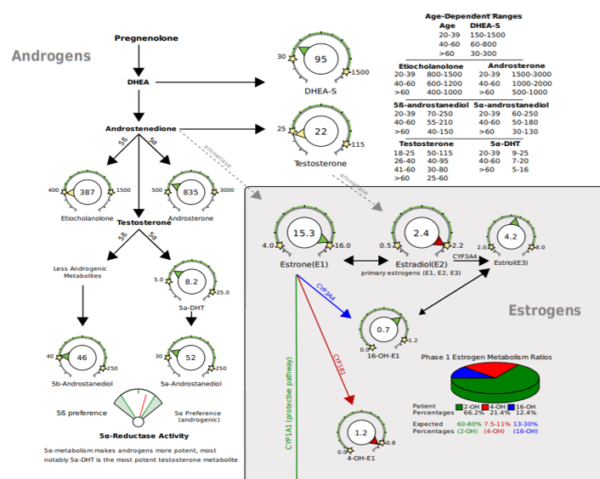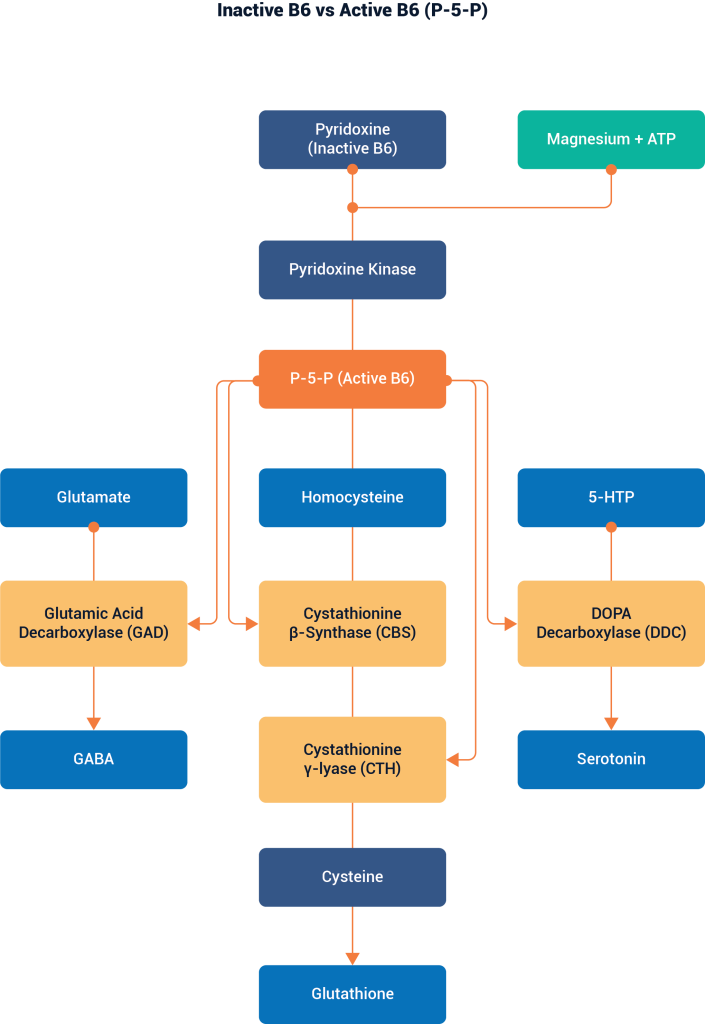It’s natural for testosterone levels to decline as men age, but working to identify the ideal ranges for one’s age is important to maintaining a healthy lifestyle. Dr. Carrie Jones highlights the difference between ‘optimal ranges’ and ‘age ranges’ in determining the body’s proper hormone levels.
While women are classically defined by their oestrogen and progesterone levels, men are defined by their androgen levels, namely testosterone. It is the differences in these hormones that help with secondary sex characteristics by gender; however, the extra testosterone produced by the gonads in men is what increases their body mass, muscle strength, alters fat distribution, and generally improves energy, mood, and sex drive. Through each stage in a man’s life, proper understanding of testosterone and age-dependent ranges become an absolute must in working to sustain a healthy lifestyle.
Testosterone levels are the highest at puberty (as the male body develops) and continue to fall through the years with experts saying it declines 1-2% every year after 30 years old. Unfortunately, this process can be sped up through poor lifestyle habits, dietary choices, exposures to harmful compounds, lack of exercise, and increased stress resulting in men in their 20’s and 30’s experiencing the fallout of a low testosterone level.
The DUTCH Test
The DUTCH test gives a comprehensive evaluation of all androgen hormones and oestrogen. While we already stated oestrogen is what defines a woman, testosterone can be converted into oestrogen in fat tissue (and elsewhere) through a process known as aromatisation. Increased oestrogen levels result in fatigue, depression, low libido, erectile issues, weight gain, and breast development. Therefore, the more fat a man has on his frame, the likelihood of having elevated oestrogen and low testosterone is much higher. It is also important to understand which pathway the androgens are taking as some pathways result in male pattern baldness, anger, irritation, acne, and increased prostate problems.
Age ranges are set for men to see where they are compared to their peers and to determine if their “age range” and “optimal range” is the same range (ranges do not account for weight, health habits, or genetics). For example, a man might have an appropriate level for his age, but his symptoms of lean muscle loss, fatigue, mood swings, and lower libido may suggest he should be in a younger category. Age ranges also help for those on testosterone supplementation as many healthcare practitioners have an ideal testosterone level for their patient to achieve in order to know if the replacement is working. As a side note, it is helpful to evaluate the epi-testosterone level compared to the testosterone level when supplementing with testosterone. Epi-testosterone does not increase with replacement and acts more of a “baseline” level. The difference can indicate whether the replacement is increasing levels or not; see video.
Currently the DUTCH testosterone age ranges are as follows: 18-25y/o, 26-40y/o, 40-60y/o, and older than 60y/o. DUTCH also gives age ranges for the other androgens such as DHEA-s, etiocholanolone, and androsterone.
It is important to understand that “age range” and “optimal range” may not be the same range for every male. Symptom history and lifestyle play a big role in determining this decision. Becoming more aware of proper hormone levels and the effects of HRT treatments are key in sustaining a healthy lifestyle.
*This blog post is not intended to diagnose, treat, cure or prevent any disease. The information provided on this site is not intended as a substitute for advice from your physician or other healthcare professional. Please consult with a healthcare provider before making any changes to your diet, supplements, medications, lifestyle, or if you suspect you might have a health problem.






